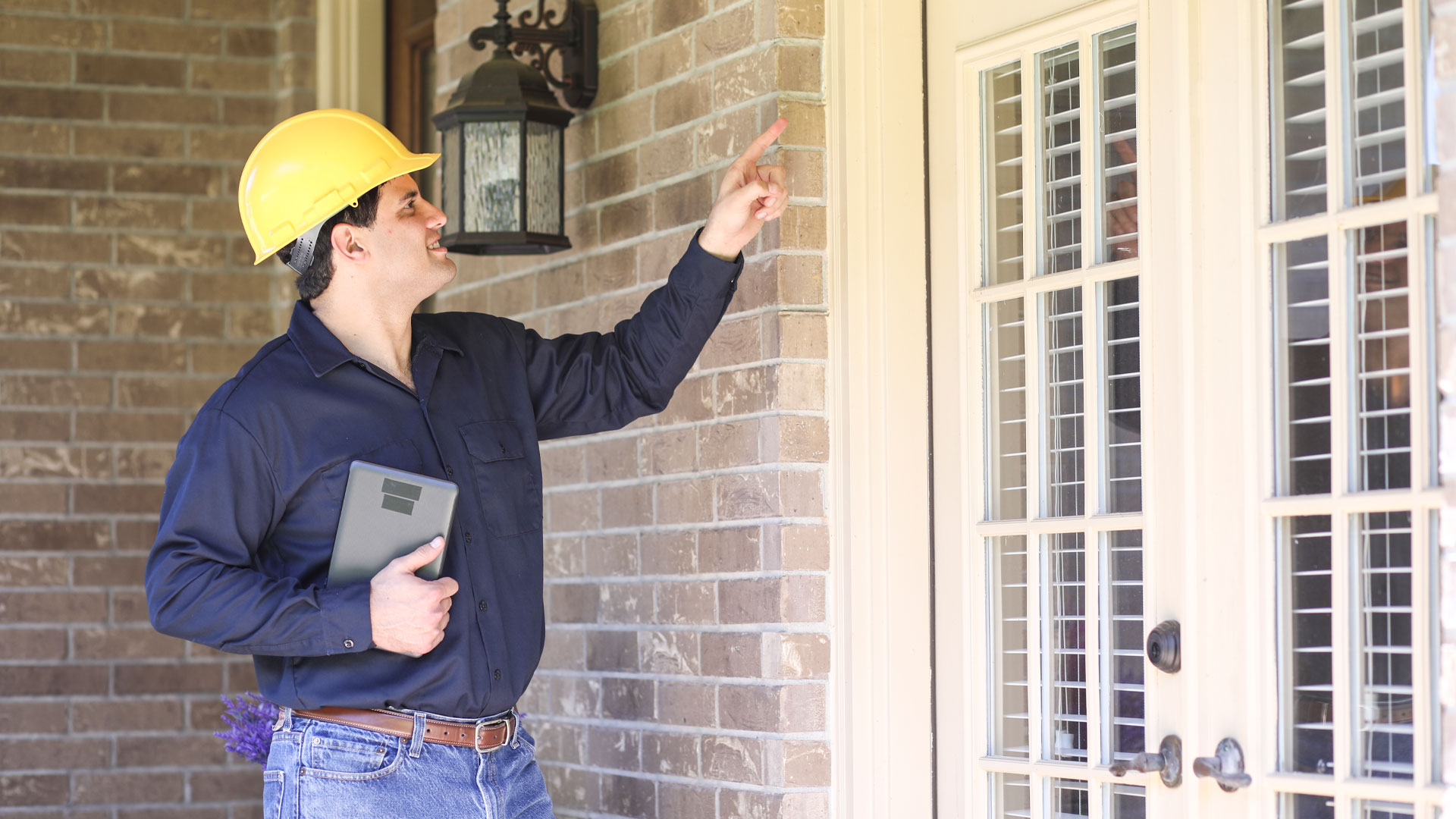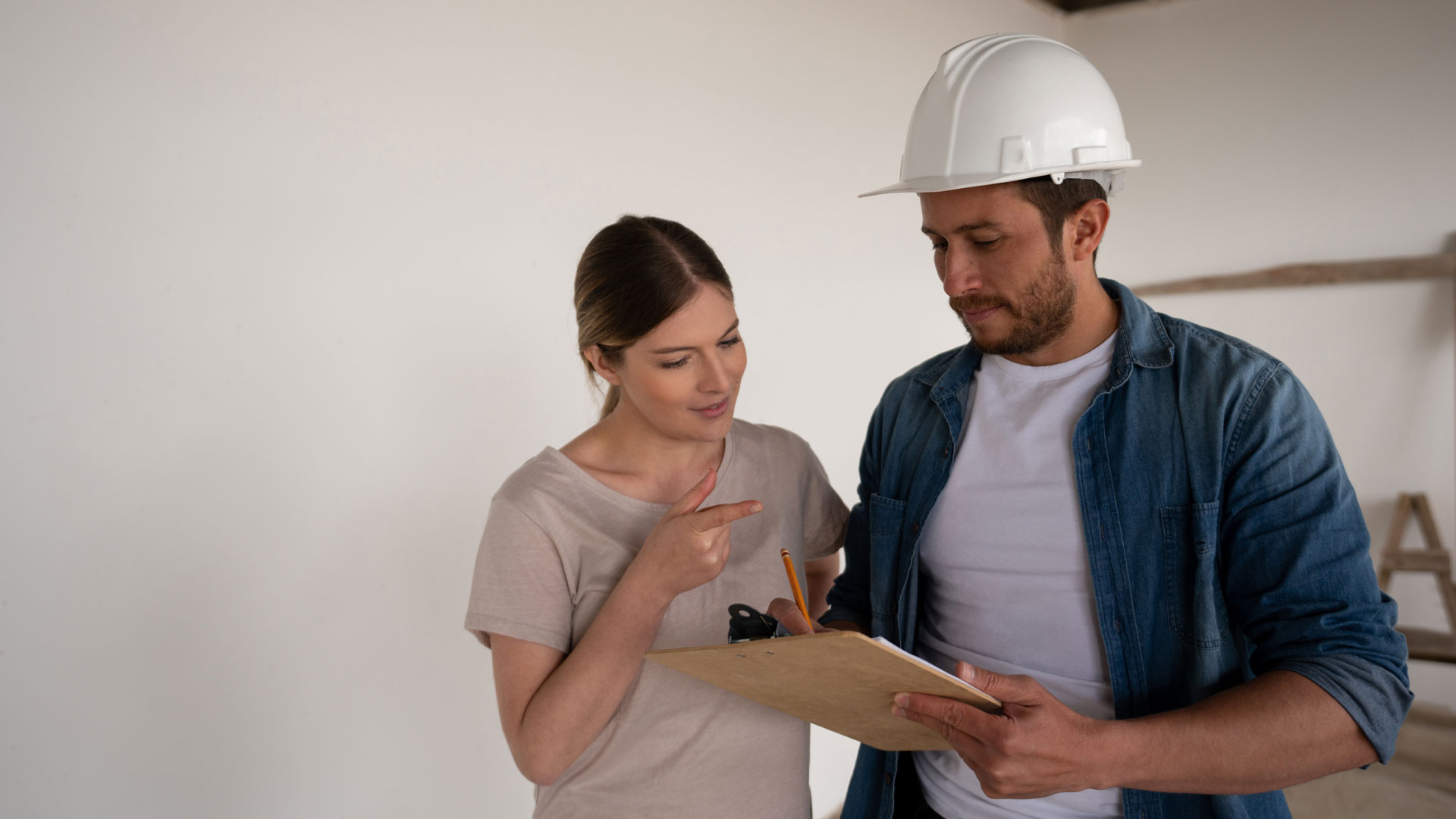Buying guide
An NZ homebuyer’s guide to builders’ reports
This isn’t an optional extra, it’s a must-do.
.png)
What you’ll learn:
What is a builder’s report?
It might seem like an extra expense, but a builder's report could save you thousands down the track.
Why do you need to get a builder’s report when buying a home?
What do builders look for when doing their reports?
Check to see if you can book a building inspection through our Trade Me Propety Listings.
When should I get a builder’s report?
Do I need to get a builder’s report if the buyer has one already?
Should I pull out if the builder’s report finds problems?
Looking to buy a home in NZ?
Check out the wide range of quality houses currently listed on Trade Me Property.
Search now Author
Discover More

Cross lease property: What you need to know before you buy
What does cross lease mean? What are the pros and cons? And what do you need to look out for before buying?

WATCH: Inside Tim & Isabelle Weston's Merivale Oasis
The Westons' plan in restoring this mid-90s family home was to create an oasis of calm.
Search
Other articles you might like







